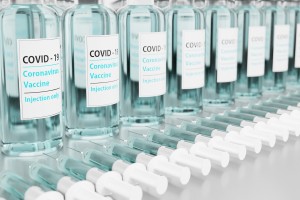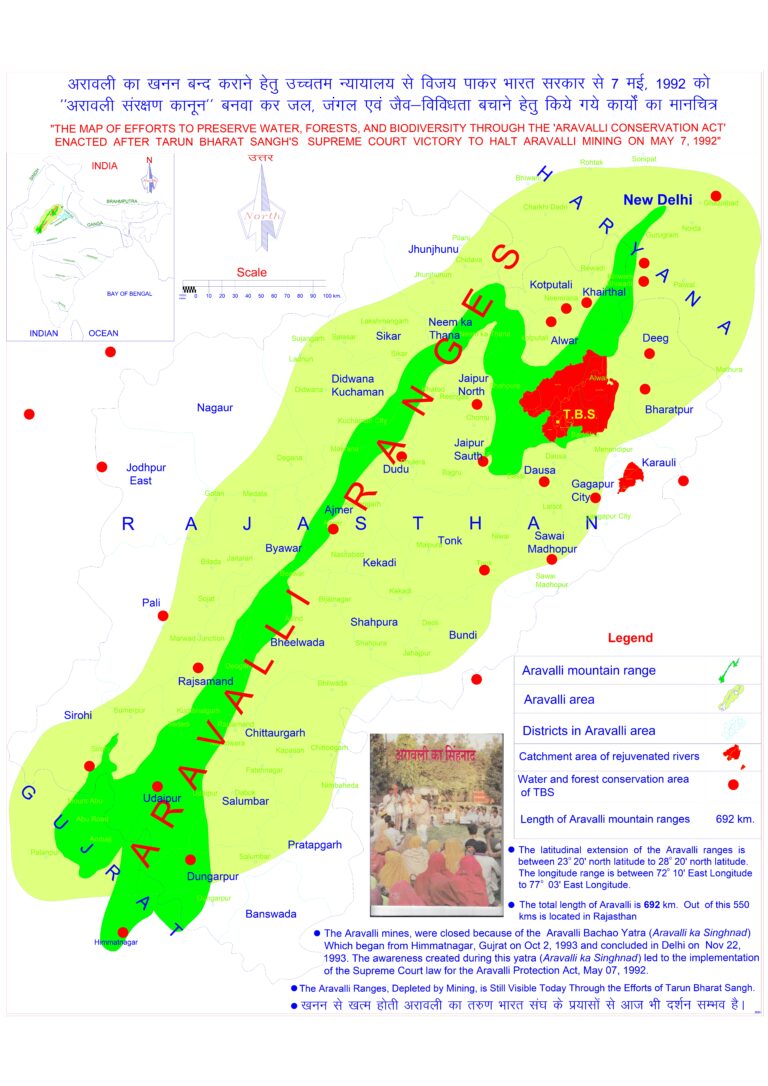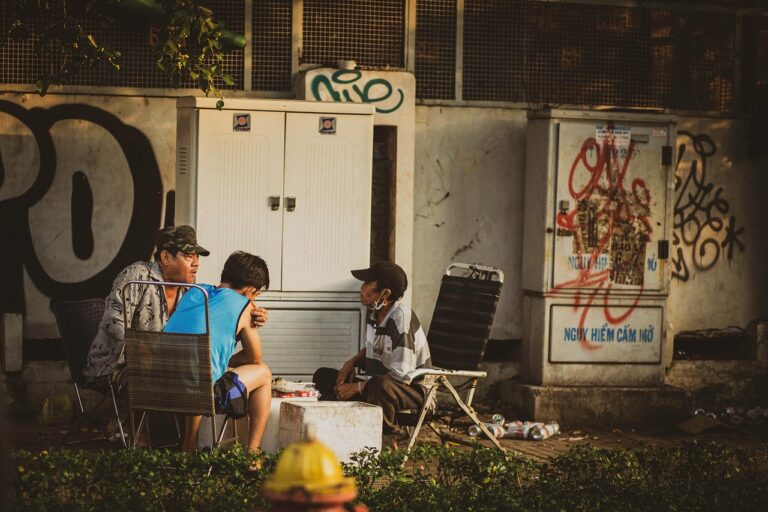
Geneva: The World Health Organisation has expressed its concerns over the potential for criminal groups to exploit the huge global unmet demand for vaccines, and has urged everyone not to buy vaccines outside government-run vaccination programmes. Any vaccine bought outside these government-run programmes may be substandard or falsified, with the potential to cause serious harm, it has warned.
The WHO revealed here that a number of ministries of health, national regulatory authorities and public procurement organisations have received suspicious offers to supply COVID-19 vaccines, and that it had come to its knowledge that vaccines were being diverted and reintroduced into the supply chain, with no guarantee that cold chain had been maintained.
“Some falsified products are also being sold as vaccines on the internet, especially on the dark web, and we are aware of other reports of corruption and re-use of empty vaccine vials,” WHO Director-General Dr. Tedros Adhanom Ghebreyesus disclosed, and called for the secure disposal or destruction of used and empty vaccine vials to prevent them from being reused by criminal groups.
While urging all countries and individuals to pay careful attention to this issue, Dr. Ghebreyesus stated that any suspicious sale of vaccines should be reported to national authorities, who will report it to the WHO.
Pointing out that still vaccine had not reached 36 countries, the WHO said while it was ensuring that 16 of these countries received their first doses from COVAX (which is established to accelerate the development and manufacture of COVID-19 vaccines, and to guarantee fair and equitable access for every country in the world), within the next 15 days. That still left 20 countries without vaccines and COVAX would need 10 million doses immediately as an urgent stop-gap measure so these 20 countries could start vaccinating their health workers and older people within the next two weeks, before the expiry of the WHO 100-day deadline. The WHO had set this deadline so as to ensure that vaccination began in all countries within the first 100 days of the year 2021.
“COVAX is ready to deliver, but we can’t deliver vaccines we don’t have,” Dr. Ghebreyesus remarked, and claimed that increased demand for vaccines had led to delays in securing tens of millions of doses that COVAX was counting on. He lamented that bilateral deals, export bans, vaccine nationalism and vaccine diplomacy had caused “distortions in the market, with gross inequities in supply and demand”.
“Information flow is essential to map global threats and protect confidence in vaccines,” Dr. Ghebreyesus said, and stressed that it was important to remember that any harm caused by a falsified product did not reflect a safety failure of the genuine vaccine.
“WHO regularly issues global medical product alerts on substandard and falsified products, and we will do so when and if necessary for COVID-19 vaccines and therapeutics,” he said.
In the meanwhile, WHO informed that there were four more vaccines at different stages in the process of being assessed for WHO Emergency Use Listing, and it hoped to approve at least one of them by the end of April. The WHO D-G sought to reassure all that WHO and its partners were continuing to work around the clock to find ways to increase production of vaccines and secure doses. He pointed out that already 177 countries and economies had started vaccination, and in just one month, COVAX had distributed more than 32 million vaccines to 61 countries. He asked countries with doses of vaccines that have WHO Emergency Use Listing to donate as many doses as they can to help the WHO meet the 100-day target, and also urged manufacturers to help ensure these countries can rapidly donate those doses. “There are plenty of countries who can afford to donate doses with little disruption to their own vaccination plans. The more countries that donate A.S.A.P., the more doses we will have to share with countries who need them desperately,” he said.
– global bihari bureau





